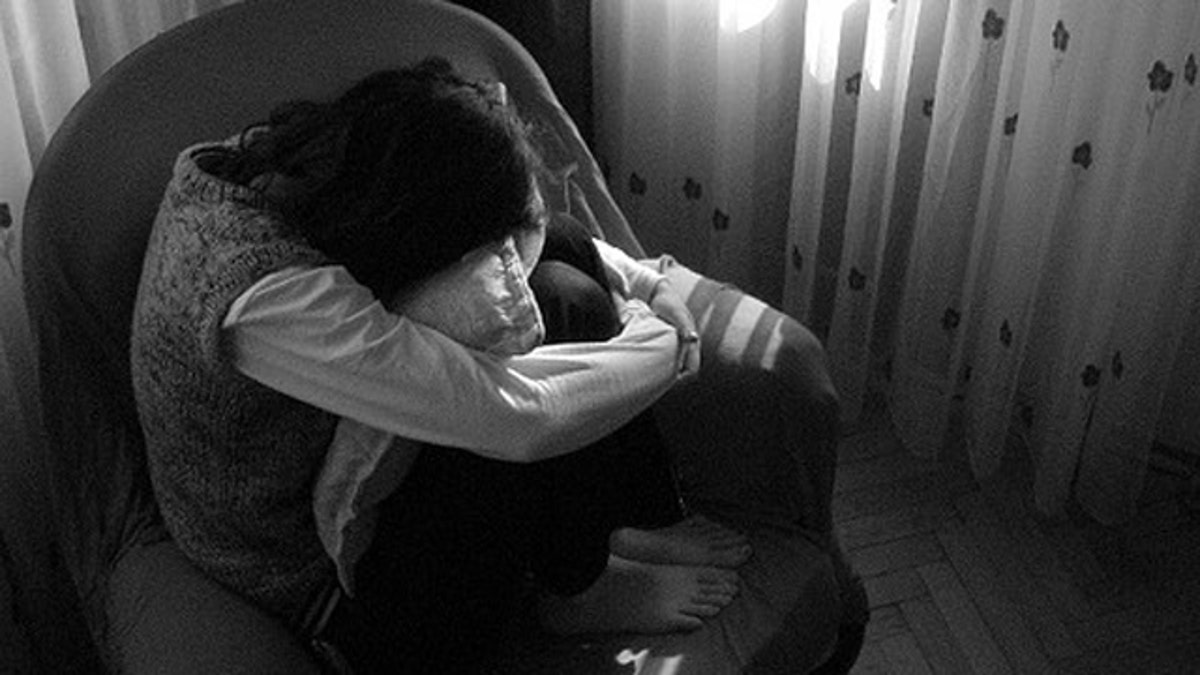
(Ozan Ozan)
Children who are punished through pushing, shoving and slapping are more likely to be obese and have other health problems when they grow up, a new study suggests.
"This is one study that adds to a growing area of research that all has consistent findings that physical punishment is associated with negative mental and now physical (health) outcomes," said Tracie Afifi, who led the study at the University of Manitoba in Winnipeg, Canada.
Last year, she and her colleagues published findings linking hitting and slapping in childhood to a higher risk of depression and anxiety later in life (see Reuters Health story of July 2, 2013 here: reut.rs/Mo1MXm.
For the current report, they re-analyzed data collected in 2004 and 2005 by United States Census interviewers, who surveyed more than 34,000 adults across the country.
Participants were asked whether their parents or other adults at home pushed, slapped, grabbed, shoved or hit them for punishment as a child. They also reported their current health conditions.
About 1,300 people reported being physically punished at least "sometimes" without more extreme physical or emotional abuse or neglect. Compared to people who weren't punished physically as children, they were more likely to have been diagnosed with at least one chronic health condition.
Specifically, those participants were 25 percent more likely to have arthritis and 28 percent more likely to have cardiovascular disease - though the second finding could have been due to chance, the researchers wrote Monday in Pediatrics.
More people who had been punished physically were obese: about 31 percent, versus 26 percent of those with no history of physical punishment.
Not every child who is slapped or pushed will develop mental or physical health problems, Afifi said.
But pain and inflammation from physical punishment, as well as psychological and behavioral responses to being hit, could lead to long-term problems for some children, she added.
"Changes in sleep, risk-taking behaviors, immune functioning and regulation of stress hormones that result from chronic or intense stress may be important factors," Michele Knox, a psychiatrist who studies family and youth violence at the University of Toledo College of Medicine, commented in an email.
"This isn't the safest method of discipline," Afifi told Reuters Health. "Your child might be fine afterward, but maybe not."
Knox, who was not involved in the new research, told Reuters Health doctors should talk with parents about alternative, non-physical methods of discipline.
"If we want what's best for our children, we need to choose discipline that does not come with these risks," she said.
Afifi said the point of the study is not to blame parents, or to say all discipline should be avoided.
"The recommendation against physical punishment does not imply the avoidance of discipline," she said. "We're not saying, ‘Just let your kid run wild.'"
